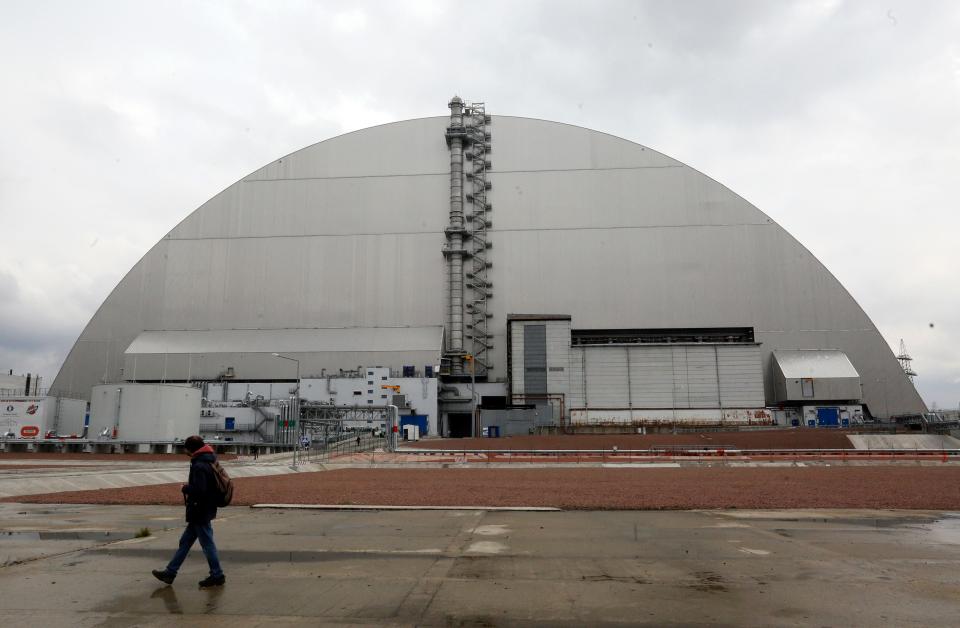Ukrainian authorities seize shipment of alcohol made near Chernobyl nuclear power plant
If you like your alcohol with a nuclear kick to it, you'll still have to wait after Ukrainian authorities seized over 1,500 bottles of Atomik, an alcoholic spirit made by apples grown near the infamous Chernobyl nuclear power plant.
The moonshine-like drink is made with grain and water from the Chernobyl exclusion zone. Its producers, The Chernobyl Spirit Company, claim it is the first consumer product to come from the area since the 1986 nuclear disaster.
The experimental batch of Atomik was headed to the United Kingdom after leaving a distillery in Ukraine before it was intercepted by federal authorities. Jim Smith, an environmental science professor at Portsmouth University and company founder, said it was unclear why the bottles were taken.
"It seems that they are accusing us of using forged Ukrainian excise stamps, but this doesn’t make sense since the bottles are for the UK market and are clearly labeled with valid UK excise stamps," Smith said in a press release sent out on Friday.

Movie magic: How 'Hobbs & Shaw' shot those Chernobyl nuclear power plant scenes
Did you love 'Chernobyl'? Then watch 'The Terror' next
Elina Smirnova, the lawyer representing The Chernobyl Spirit Company, said the seizure was in violation of Ukrainian laws.
“They have targeted a foreign company which has tried to establish an ethical 'white' business to first of all help Ukraine. The actions of Ukrainian law enforcement agencies are damaging the reputation of Ukraine as an open country for doing business. We still believe that the truth will win," Smirnova said.
Smith has studied the nuclear accident for over 30 years, and his company claims they use distillation to reduce radioactivity in the grain, which shows much of the land in the exclusion zone can, "now be used to produce crops which are safe to eat." He told BBC in August 2019 studies showed the rye was below the limit of radioactive detection.
“We are working hard to set up a business to help bring jobs and investment to the Chernobyl affected areas of Ukraine and to further support the community with 75% of any profits we make,” Smith said.
Follow Jordan Mendoza on Twitter: @jord_mendoza.
This article originally appeared on USA TODAY: Alcohol made near Chernobyl power plant taken by Ukrainian authorities

 Yahoo Movies
Yahoo Movies 
